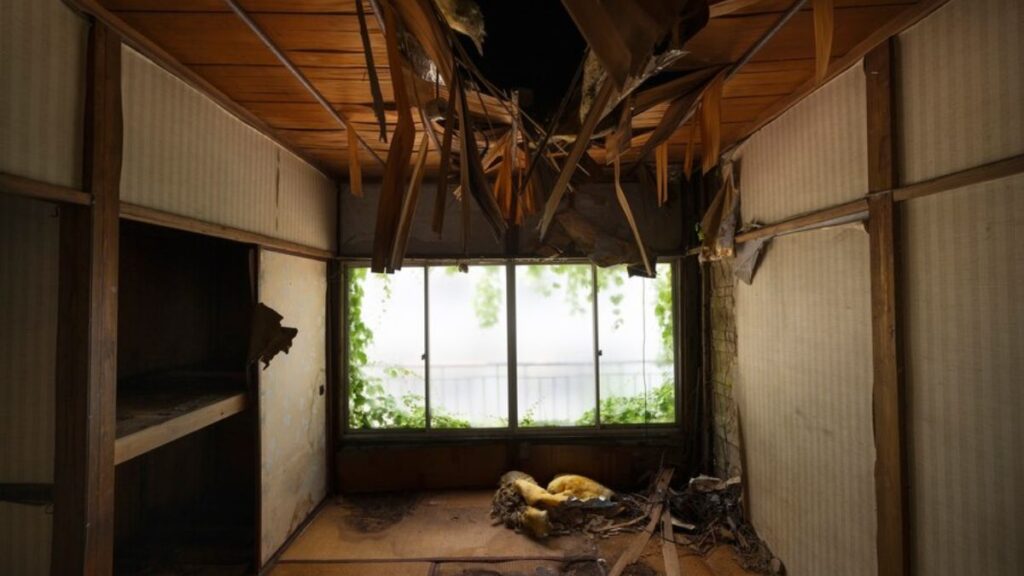Property damage can happen in various forms, impacting both residential and commercial properties. Understanding the common types of damage can aid in taking swift action to mitigate losses. Homeowners and business owners alike should be well-prepared to deal with these challenges effectively. This article explores six prevalent types of property damage, practical steps to manage them, and the importance of seeking professional help when necessary.
Water Damage
Water damage is one of the most frequent property damage incidents, often caused by leaks, flooding, or plumbing failures. The destruction can escalate quickly, resulting in structural integrity issues and mold growth. Homeowners should first turn off the water source to prevent further flooding. Next, removing standing water is crucial, using pumps or wet/dry vacuums. Once the area is dried out, it’s vital to assess any damages. Contacting professionals specializing in water damage restoration can ensure comprehensive cleanup, while they can also help business owners recover from interruptions in operations. Precautionary measures include installing sump pumps in basements and checking plumbing regularly to avoid extensive repairs later.
Fire Damage
Fire damage tends to be catastrophic, not only affecting the structure but also leading to emotional distress for the occupants. Fires can occur due to cooking accidents, electrical faults, or negligence. The immediate step is always to ensure the premises are safe and evacuate if needed. After the flames have been extinguished, it is essential to notify your insurance provider promptly. Salvaging belongings and assessing the extent of the damages should be conducted under professional supervision due to potential smoke inhalation risks. Legal assistance for fire damage can be invaluable when processing insurance claims. Implementing fire safety measures like smoke detectors and fire extinguishers can mitigate risks in the future. For residents in areas exposed to frequent hurricanes and storms like Fort Lauderdale, Miami, and other cities on the Gulf side of Florida, property damage claims can be complicated due to these extreme weather occurrences. Seeking legal assistance for property damage in Fort Lauderdale may come in handy, especially when dealing with insurance claims or disputes. Getting your property and your life back on track shouldn’t be hindered by claim denials or undervalued claim offers. With a skilled lawyer by your side, you can focus on recovery with a stress-free claims process.
Wind and Storm Damage
Severe weather conditions, such as hurricanes or tornadoes, can wreak havoc on properties. Wind can strip off roofs, shatter windows, and uproot trees, which may land on homes. It is vital for homeowners to secure outdoor items and prepare properties ahead of storm forecasts. After a storm passes, the first step is to assess any visible damage and document it thoroughly with photographs. This information is beneficial for insurance claims. Engaging a qualified contractor to perform necessary repairs helps in restoring the property and ensuring compliance with local building codes for safe living conditions.
Vandalism and Theft
Vandalism can leave lasting emotional scars along with physical damage to property. Broken windows, graffiti, or other malicious acts can undermine security and peace of mind. It’s essential to promptly report vandalism to local authorities to document the incident. Doing so can strengthen any claims made to insurance providers. After addressing law enforcement, the focus should shift to repairing the damage and enhancing security measures. Installing alarm systems or security cameras can act as deterrents and foster a sense of safety and security. Engaging in a community watch program can also be beneficial in preventing future incidents.
Natural Disasters
Earthquakes, wildfires, and floods represent natural disasters that can devastate properties. While homeowners cannot control when these events occur, preparation is key. Creating an emergency plan and having an adequate insurance policy can significantly impact recovery. If a disaster strikes, evacuating to safety is the priority. Once the situation stabilizes, assessing the damages and contacting your insurer is crucial. Legal assistance may be required for navigating claims or challenging denied coverage. Focus on rebuilding and repairing efforts will be guided by professional advice, allowing for safety compliance.
Mold and Pest Infestations
Mold and pests often emerge from other property damage causes, like leaks or dampness. These issues can pose health risks and diminish property value. Initially, identifying the source of moisture or infestations must be addressed through proper inspections. If mold is detected, it’s crucial to seek professional remediation immediately. Regular inspections and maintenance can prevent pest infestations and future mold growth. Keeping a clean environment and repairing leaks can create an inhospitable environment for pests. Engaging pest control specialists regularly ensures ongoing protection against infestations.
To wrap up, understanding the various types of property damage is essential for prompt action and recovery. Water, fire, storm, vandalism, natural disasters, and mold or pest issues frequently affect properties, but the proactive steps taken can mitigate the effects substantially. Homeowners and businesses alike should remain vigilant and prepared to protect their investments while ensuring that legal and professional resources are accessible when needed.







